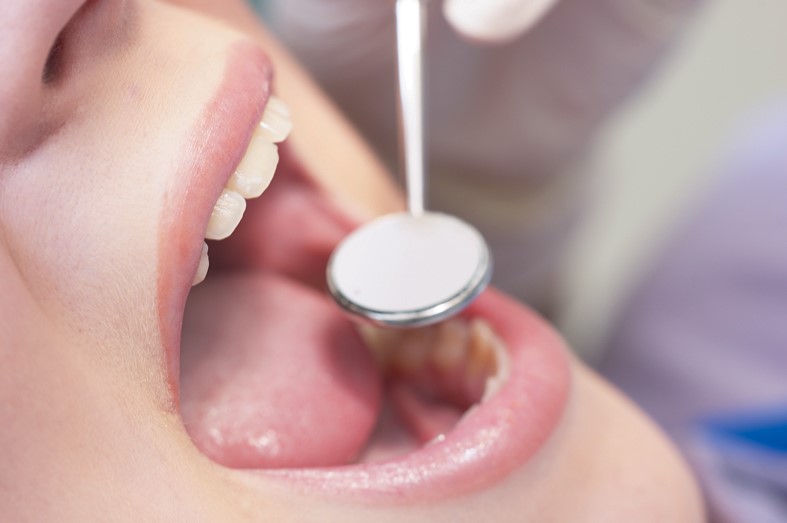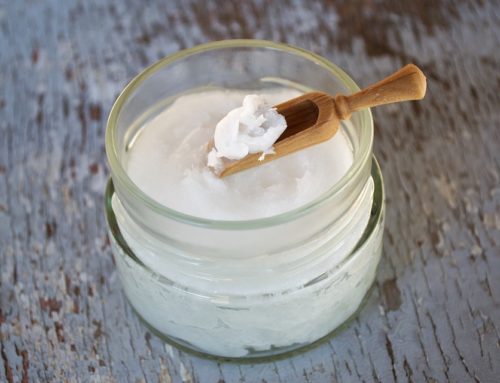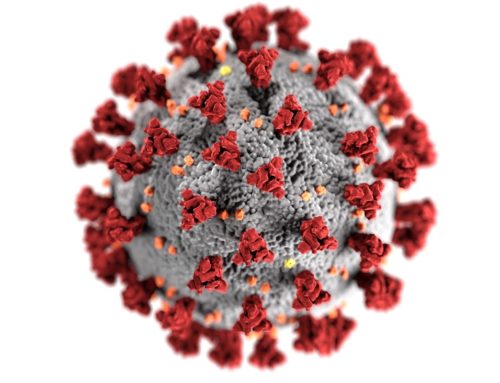Researchers at the Athlone Institute of Technology (AIT) in Ireland have discovered that coconut oil effectively prevents the growth of harmful oral bacteria. By calling a halt to these harmful oral bacteria, mouth infections, dental cavities and also Candida albicans have little chance. The researchers actually wanted to mimic the human digestion of various types of vegetable oils by enzymes. They then exposed these oils that had been digested by enzymes to all kinds of bacteria. And thus also to Streptococcus mutans which often occurs in the mouth. Streptococcus mutans is a bacterium that produces acids which result in tooth decay. By interacting with Candida albicans, Streptococcus mutans can also cause fungal infections (Candida albicans). The AIT researchers found that several bacteria had no chance with coconut oil. Coconut oil did not give bacterial growth and its consequential acid and fungus formation a chance. Coconut oil was the only oil in the study that could do this. Dr. D. Brady, one of the researchers, concluded moreover that on the one hand, coconut oil can give your immune system an enormous boost. And that on the other hand, coconut oil can thwart pathogens that cause illness (micro-organisms) in the mouth, intestines and elsewhere.

My opinion: fluorine versus coconut oil
If we compare coconut oil with fluoride in connection with dental quality, we see that coconut oil is the winner by far. According to my research, it has never been adequately proven scientifically that fluoride actually prevents tooth decay. What has been sufficiently demonstrated is that fluoride can be harmful to teeth (dental fluorosis) and general health. Dental fluorosis is identified by yellow and/or brown spots on the teeth. A sign of weakening of the teeth and bones. Too much fluoride makes your bones weaker and causes more fractures. Shane Ellison, author, chemist and founder of ‘www.ThePeoplesChemist.com’, suggests that fluoride also attacks collagen. Collagen is a protein that provides for the elasticity of the skin and ensures flexible joints and ligaments. Even the World Health Organisation (WHO) states that there may be health disadvantages associated with fluoride. The Assistant Secretary for Health Dr. H Koh (USA) is opposed to the fluoridation of water and food. (Source: Medical News.net 11.3.2011) In my opinion, fluoride in drinking water, toothpaste, infant formulas, baby foods, beverages, medicines should be restricted.










